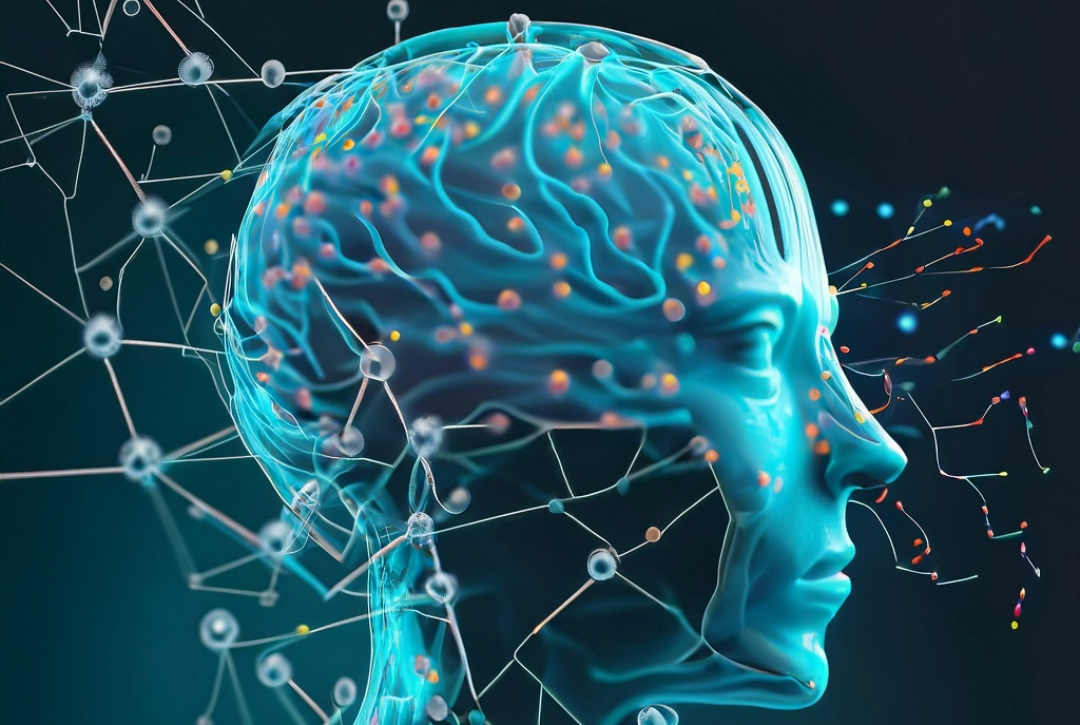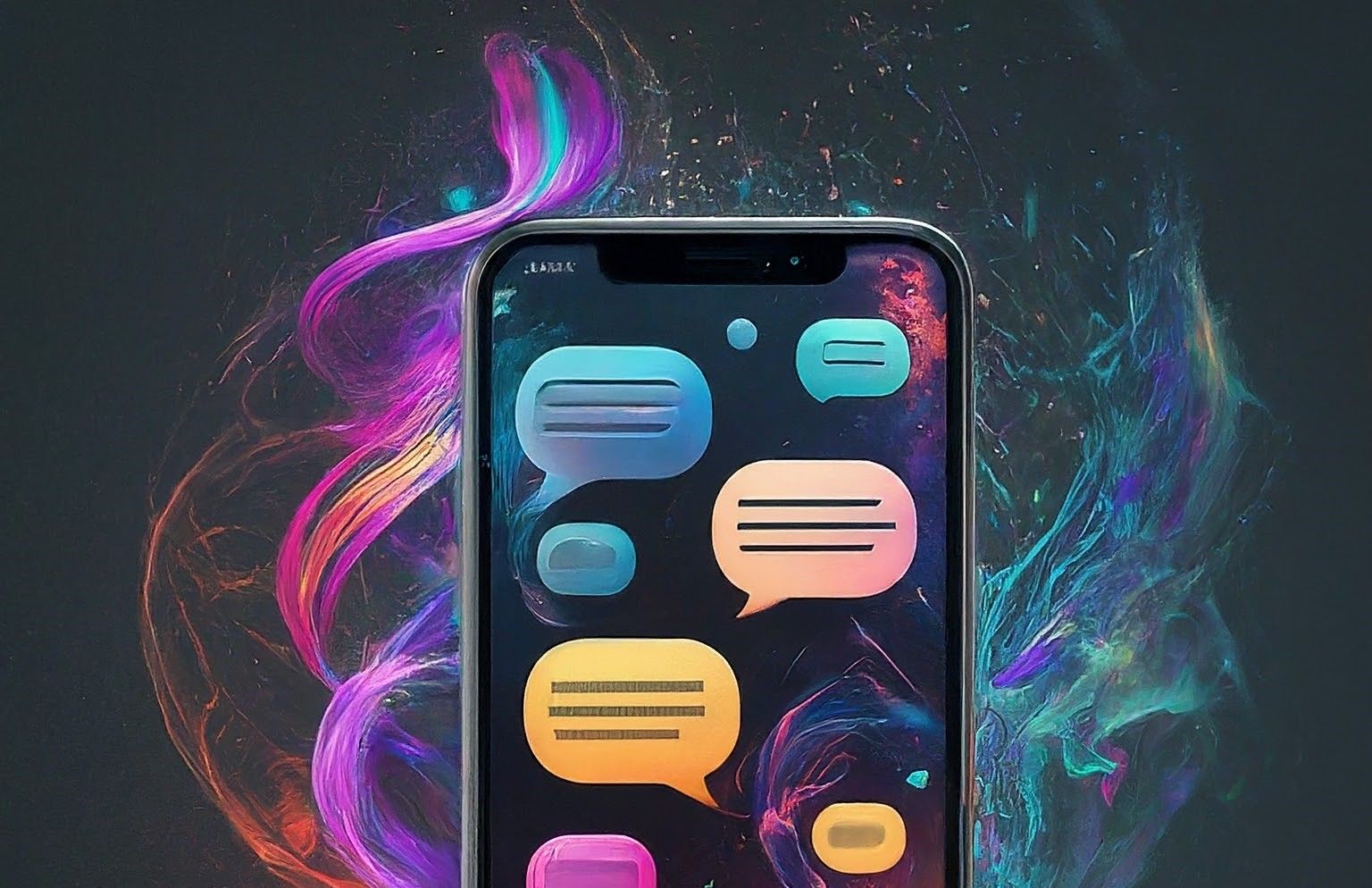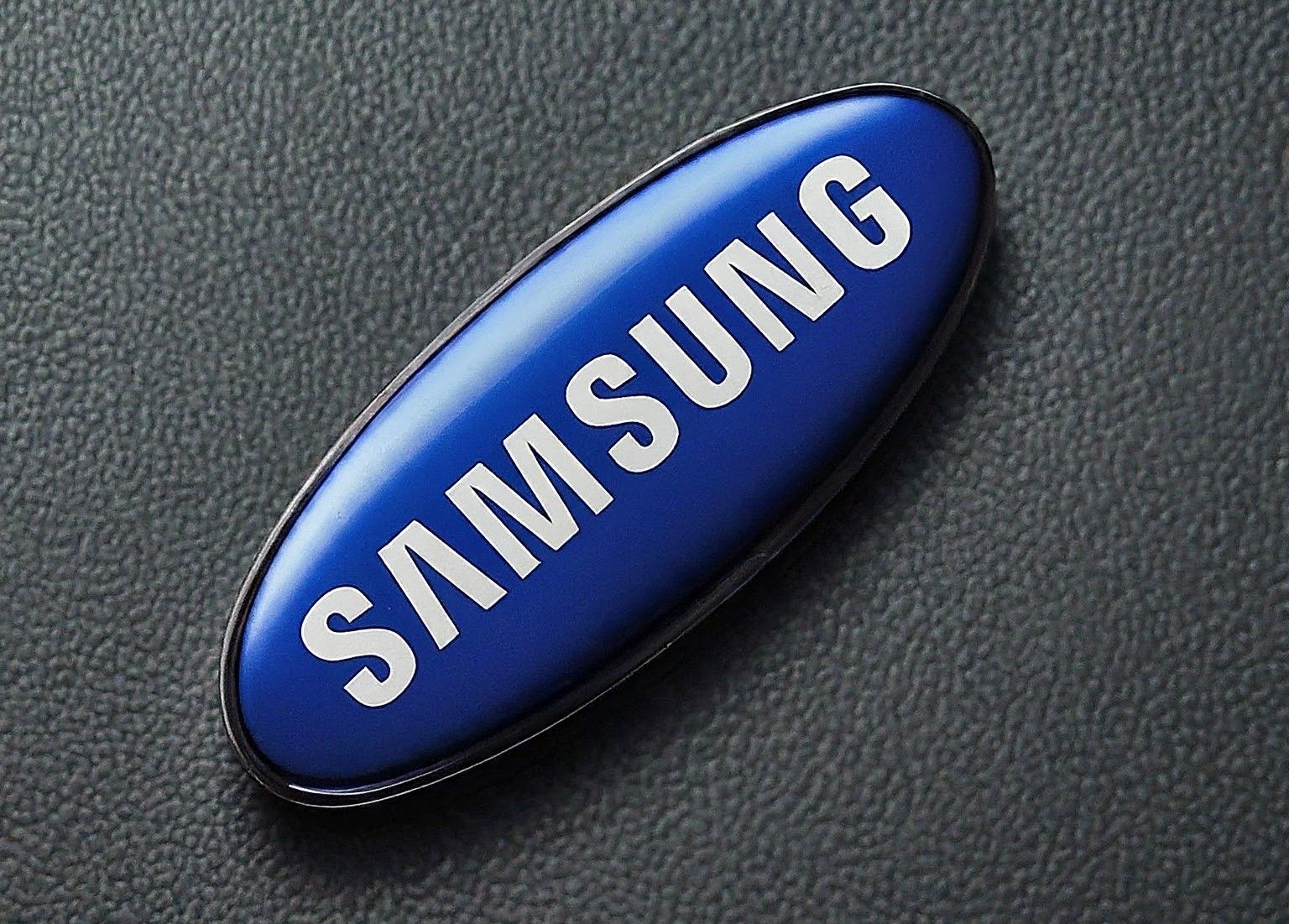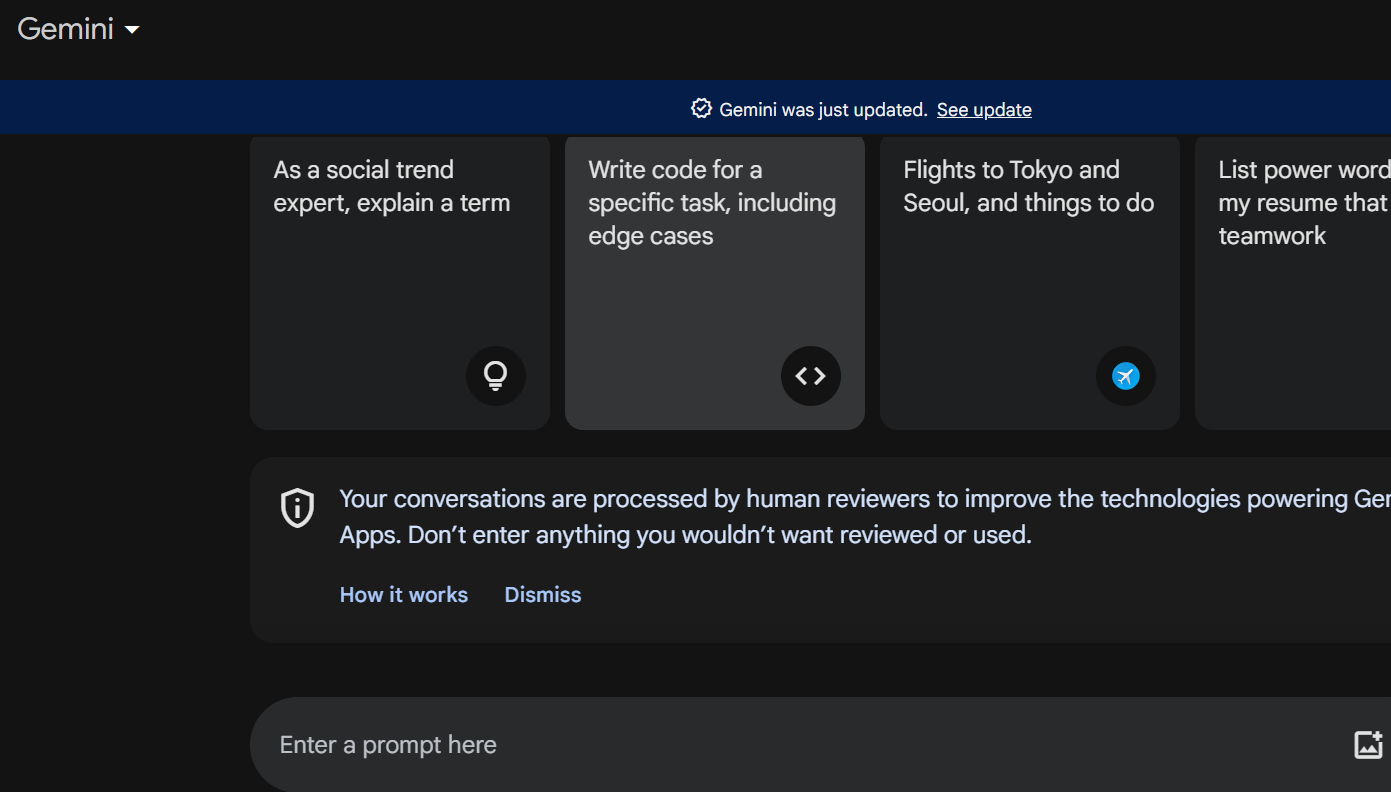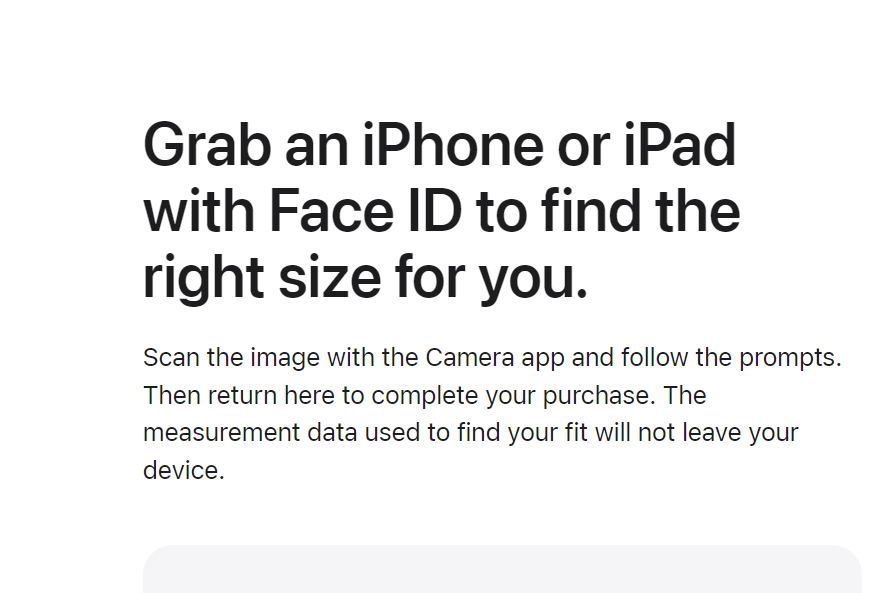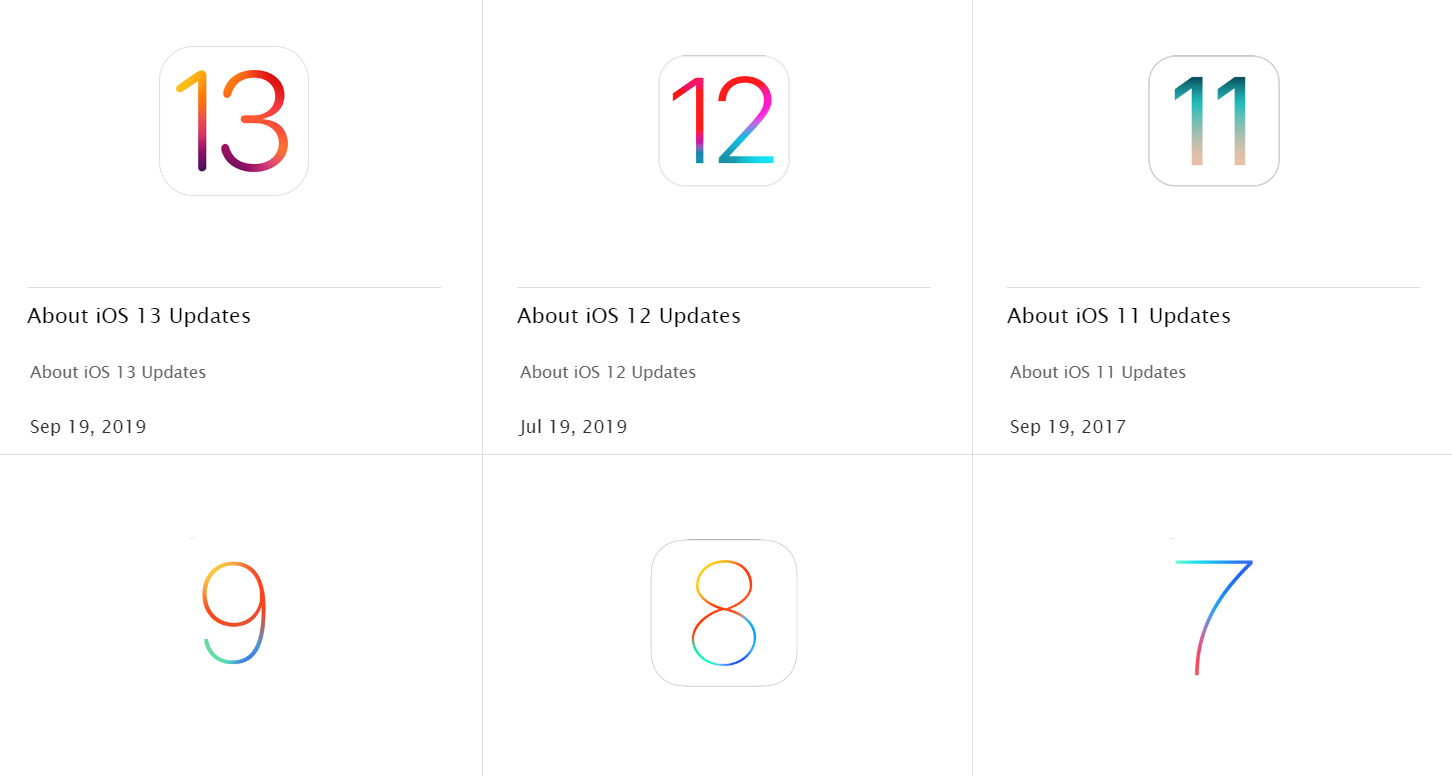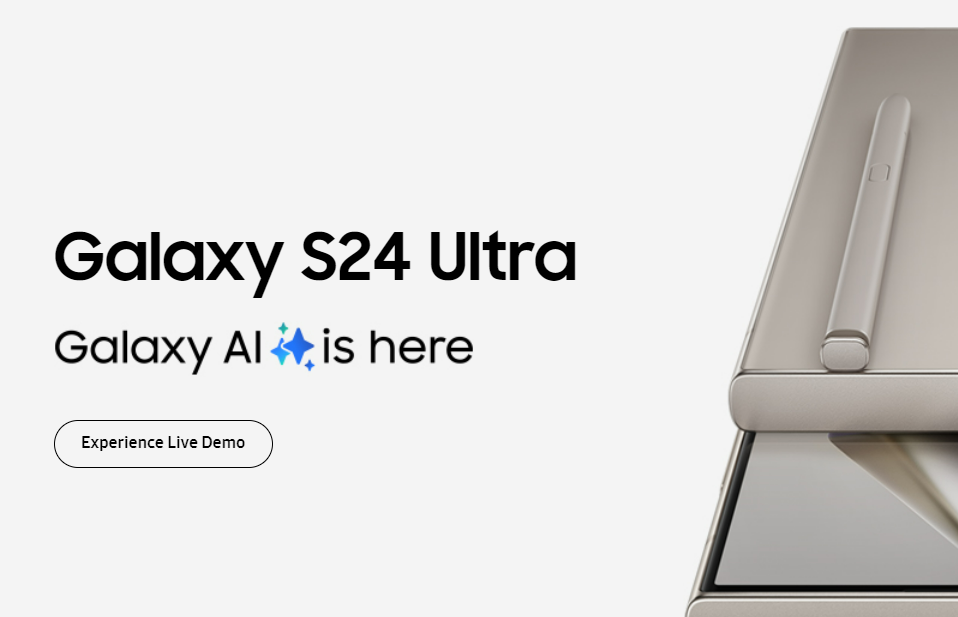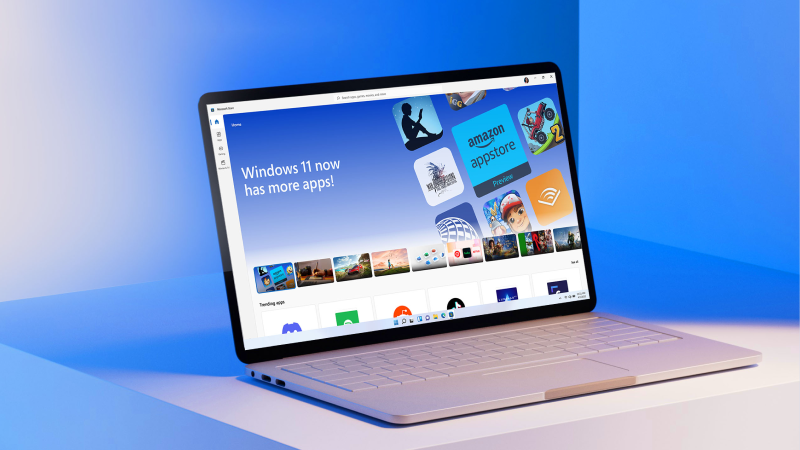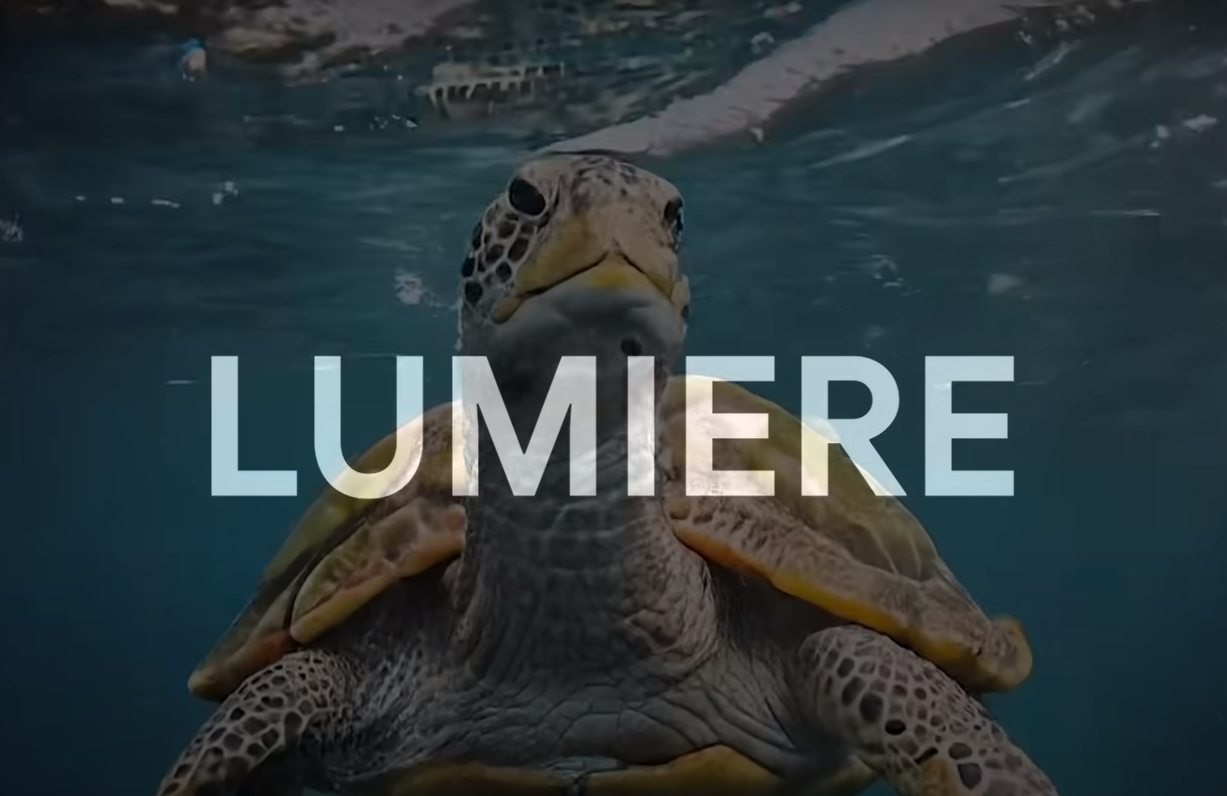Table of contents
In today’s era of ever-evolving technology, the synergy of Artificial intelligence (AI) and Content Creation has revolutionised the landscape of digital marketing and brand strategies. AI-generated content is now considered a content creator’s arsenal.
The unrivalled efficiency and effectiveness in content generation have completely transformed the creative sector. However, as the saying goes, “With great power comes great responsibility,” there are some ethical constraints to understand before adopting AI for content creation.
In this guide, let’s decipher the terrain of AI content creation and explore its ethical complexities, impact on SEO, and the optimistic future it paints for content quality.
AI in Content Creation!
Source: (1)
Ever imagined a world where content creation is not limited to by the constraints of human time, effort, and research? This fantasy is today a reality, thanks to artificial intelligence. It has enhanced the abilities of digital artists to generate content at a breakneck speed.
It can weave words into enchanting storylines and even optimises search engine visibility. However, this mythical enigma raises some ethical concerns that lurk like shadows in its tapestry of automated content creation.
Hey Content Creator! Let me ask you one thing, when should we draw the line in AI Content Creation? AI is a great ally for content creators, but its storytelling ability or human-like causal mind is something it lacks.
It means it lacks the human touch, sensitivity, and creative ability of the human mind and behaviour that also sometimes makes mistakes. AI is perfect, but we humans aren’t. When it comes to authenticity, is it ethical to create content that lacks human experience?
Can we rely on AI to create books, content, and movies?
No, not yet. Some things are better left to those who master. Just because you need active content so you opt for AI-generated writing, doesn’t mean you are engaging effectively with your audience.
Today, everyone is aware of AI-generated content and can easily identify content created by AI. But when it comes to social interactive things like entertainment, it is not ethical. You can use AI for blog writing, idea generating, copywriting, and graphic designing, but there should always be a line.
Balancing the ethics and efficiency of AI is a skill that both content creators and corporations must master. Using AI for general commercial description is surely acceptable, but for personal and emotional storytelling, never.
AI writes and generates content that optimises well for search engines. A line sufficient enough to describe its prime element for blog writers, copywriters, developers, and corporations. It can effectively help you lead the holy grail of search rankings.
But if you want to give your readers some factual value, then draw the line and restrict AI-generated content. The CTA here is simple, find a balance. AI and content creation or AI and human work are perfectly fine hand-in-hand.
Create AI-collaborated content that connects people and Google.
AI is inextricably linked to the future of content creation. AI is advancing in pace, embracing high-quality content creation that is becoming more generic and blending with a human tone, which indicates a turnover is soon to come.
Content creators and AI should work in a coordinated duet to create a creative symphony. AI augments human talent by conducting grammar checks, suggesting recommendations, and handling other monotonous chores.
At the same time, human content creators can concentrate on the fundamentals, of storytelling, creative writing, content generation, and establishing emotional concepts that tie well with your audience and frame it effectively with AI.
AI content creation is an intriguing chapter in the digital storybook. It weaves together efficiency, SEO, and creativity. However, always remember to keep ethical boundaries in mind as you navigate through this enthralling terrain.
It is not about replacement but it should always be about collaboration.
Wiki: AI Ethics (2)
